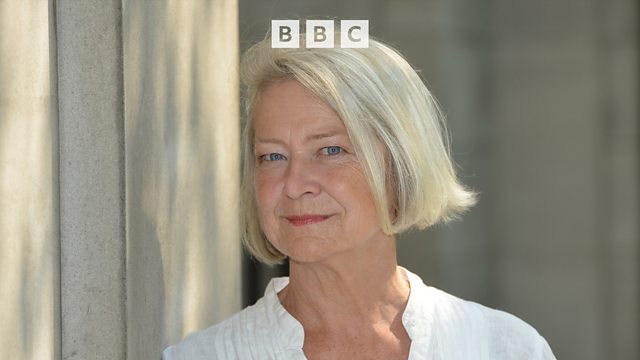
Brazil’s Embattled President Tries to Rally his Supporters
Brazil's President rallies his supporters, plus stories from Poland, Germany, France and from across Africa
There is only one power Jair Bolsonaro thinks can remove him from power, and that is God - at least that's what Brazil's President, told his audience at a rally on Tuesday. He had called on people to come out and support him at events across the country - and come out they did, though not perhaps the million he had hoped would attend. Mr Bolsonaro clearly wanted to demonstrate that he still has voter pulling power, what with his poll ratings tumbling ahead of elections next year. Many blame him for the huge toll from Covid, a disease the President famously once dismissed as "the sniffles." Now, there are more than half a million Brazilians dead from coronavirus, yet he remains unapologetic. Tuesday's rally saw the President on full throttle, railing against the Supreme Court, which is currently investigating him in response to various allegations - the judges, he said, were communists. Watching all this in Sao Paolo was Andrew Downie.
When you hear that a country has declared a state of emergency, you might wonder what kind of calamity has befallen it – a natural disaster perhaps, or invasion by a foreign army. Poland declared a state of emergency this week, but not for any of these reasons. Rather it was a fear that thousands of refugees and illegal immigrants are about to come pouring across the country’s border from next door Belarus. Hundreds have arrived already - most it seems originally from Afghanistan and Iraq. Belarus's President Aleksander Lukashenko, stands accused of encouraging these people to cross from his country into Poland – as a way of provoking the Polish government. Meanwhile, caught in the middle, are the new arrivals themselves, many trapped in no-man’s land on the Belarus-Polish border, as Adam Easton explains.
It was “farewell Mutti” from German MPs this week – “Mutti” being the German word for “mum,” and the nickname given to the country’s chancellor, Angela Merkel. She made her final speech to the country’s Parliament, two weeks before Germany holds national elections. The result of that contest is still very hard to predict, with polls showing the different political parties yoyo-ing up and down in popularity. However, there is one outcome which is certain: Chancellor Merkel will no longer be Chancellor – she will stand down at the end of the process, after nearly sixteen years in power. She was famously Germany’s first female leader , and also the first from the formerly communist East Germany … and yet, not all these labels are quite as straightforward as they seem, according to Damien McGuiness.
The attacks of September 11th twenty years ago marked the beginning of what was called the “Global War on Terror.” This was conducted in many countries and in different ways – western countries fearing they may be targeted, just as New York’s Twin Towers and the Pentagon had been. And it was fought against countries accused of harbouring terrorists, most notably Afghanistan. With US troops pulling out of Afghanistan last month, there’s no sign of that “War on Terror” abating. One place that it continues to be fought with particular ferocity is in Africa – from Tunisia in the north, which has seen horrific bomb and gun attacks on civilians, to Mozambique in the continent’s southeast, where a relatively new Islamist insurgency has cost many lives. Catherine Byaruhanga has been to many of these hot-spots, and reflects on how Africa has fared since 9-11.
Podcast
-
![]()
From Our Own Correspondent
Insight, wit and analysis as �鶹�� correspondents tell stories beyond the news headlines.

